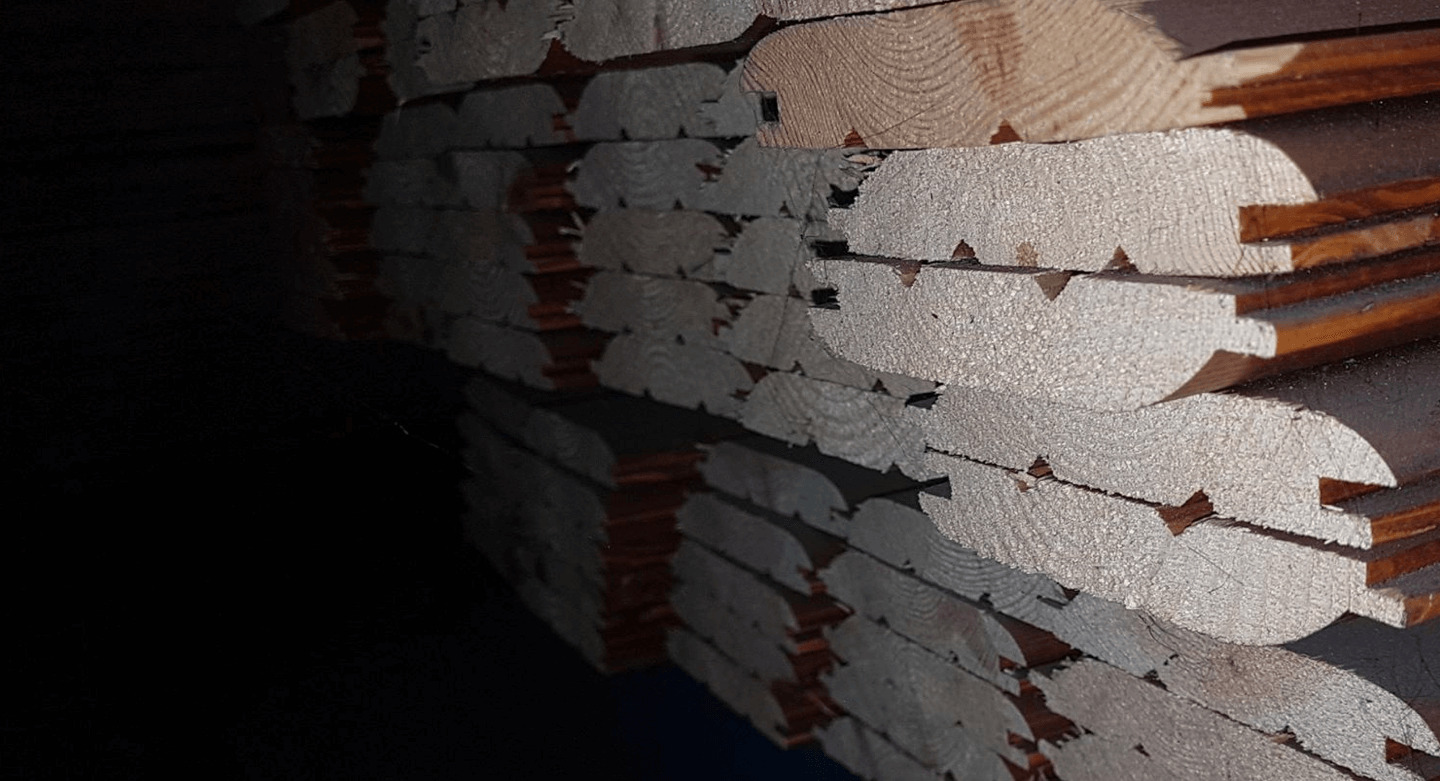Saw doctoring is one of the most valuable and specialist skills in timber manufacturing. BSW have developed the UK’s first saw doctoring course and qualification to ensure that these skills are not lost to a generation.
A unique blend of science and art, the key to saw doctoring is gaining the best finish to the knives and saws used for timber cutting, whilst understanding the metals and equipment used to produce incredible cutting surfaces.
From tempering blades to adjusting machinery speeds for optimum output, sawmills across the UK understand the value of such a unique practice on their productivity and quality of products. This type of work makes Confor member BSW and their sawmills some of the most productive in the country, and at the cutting edge of their business.
BSW, who operate seven sawmills across the UK and one in Europe, recently invested in training apprentices, Katie Martin and Richard Kuehnel to complete their certified saw doctoring course – the UK’s first and only certified course of its kind – at their Dalbeattie sawmill to learn and hone this valuable skill. Richard is tipped to take over as head saw doctor within the business, while Katie is one of only three female saw doctors in Europe – and the only one within the UK!
This achievement is not only impressive within the timber trade, but is acknowledged across the wider industry too as saw doctoring is often unseen and little understood, taking many years of training to become a top saw doctor.
BSW’s Group Learning and Development Manager, Tony Lockey, has long recognised the importance of saw doctoring, and worked closely with qualified head saw doctor of 30 years, Gary McCaig to develop the UK’s only saw doctor training course and qualification, which is run by BSW.
“It started when I met Gary at our Dalbeattie Mill. What he doesn’t know about saw doctoring is quite frankly not worth knowing. Gary explained to me the history of saw doctoring and its mythical black art status that once had secret skills passed down from generation to generation.”
He added: “It is said that all the senses are used to understand the process – the touch of surfaces, sight of blades and wear marks, the smell of any burning of the metal, the sound of timber actively passing through the mill and listening out for any noises that can indicate a saw blade change is required or tightening of the machinery.”
Gary and Tony set up and developed the course a couple of years ago, launching in Dalbeattie with the help of Inverness College UHI. Following a meeting with Don Calvert of UHI, previously of Rolls Royce, Don was blown away by the level of skills required for saw doctoring, and the enthusiasm and knowledge of Gary. This small team worked together to create joint certification that would cover the key aspects of saw doctoring in detail, and create a course that would take two years to complete. Not only would this upskill BSW’s existing team, it would pave the way for future generations of saw doctors.
The team at BSW had valid concerns that the knowledge of this profession could be lost, with the older generation of saw doctors nearing retirement. By bringing the course into their business, this created a line of new enthusiastic and skilled personnel who could retain and grow these valuable skills.
The training seeks to highly train individuals to gain the best finish to the knives and saws used within the mills. Not only does this keep the business running smoothly, the quality and speed of output is greatly accelerated. Applicants currently apply primarily from within BSW’s timber mills, but the course has started to attract external candidates through careful advertising. The application involves an interview with specific questions around existing skills and interests, as well as exploration of any existing knowledge of saw doctoring.
Combining both hands on and taught sessions, the course covers everything from risk assessment and safe handling of knives and saws, to identifying equipment needed, practical processes and troubleshooting. Gary is firm in the belief that with saw doctoring ‘you never stop learning’, and having been in the business for over three decades, there are still learnings to be experienced with every working day.
“The key is to learn as much from those in the business as you can. The challenges can range from breakdowns and getting machinery working again, as every moment the saws are silent the business loses productivity. So, there is pressure but also fun, and a great feeling of teamwork within the mills for those doing this job.”
BSW has put up training boards in their mills showcasing the modules required for the course, hoping to encourage further candidates to consider saw doctoring in their career journey. Having this type of training in-house, with people like Gary still within the business, also means that BSW remain at the top of their game with inspirational leadership and a full succession plan.
Speaking of his experience of the course, Richard from the Dalbeattie Mill, said: “Katie and I have enjoyed working on this project, gaining valuable skills to further our careers as saw doctors. Saw doctors are few and far between, so being part of this skilled group is pretty exciting and unique.
“We would recommend it to anyone who wants to enhance their skills and knowledge.”
Tony – who himself has worked for the business for eight years – said it has grown his respect for the trade, and that he has learnt to hold the team members with these talents in high regard.
“Gary, and line manager Neil McGrath, have been really supportive of the course and helped assess the completed work from day one. This is a course we hope will someday be approved by Skills Development Scotland as a modern apprenticeship.”
There are currently two additional team members coming to the end of their training in Dalbeattie. The joint certificate and dedicated course, which has allowed BSW to work closely with the engineering team at UHI, can now be utilised at any timber business.
Tony commented: “I would recommend saw doctoring to any individual who is interested in a long-term career that involves hands on working with tools and a willingness to understand the various works that a saw doctor would undertake, plus a keen eye for making things right.”
One of BSW’s key business initiatives has been rolling out custom training programmes for its staff and apprentices. This saw doctoring skills development follows recent investment in other tailored training courses, which saw numerous team members awarded with CMI (Chartered Management Institute) certifications.
It’s clear that saw doctoring is one practice the sawmilling industry need to hold on to with both hands, ensuring that skills are passed down to the next generation and remain an integral part of the future of timber.
To find out more about BSW’s range of apprenticeship schemes, please visit: bsw.co.uk/careers/apprentice-schemes



